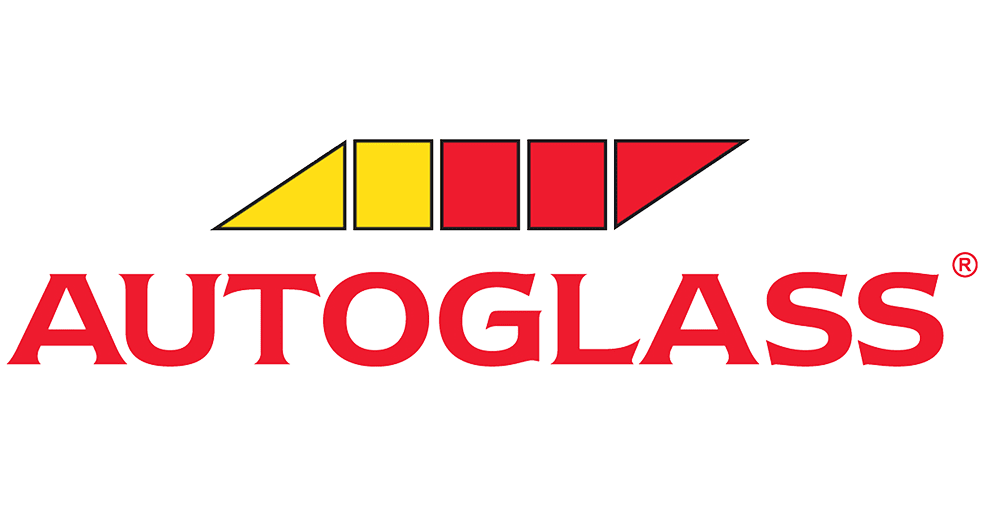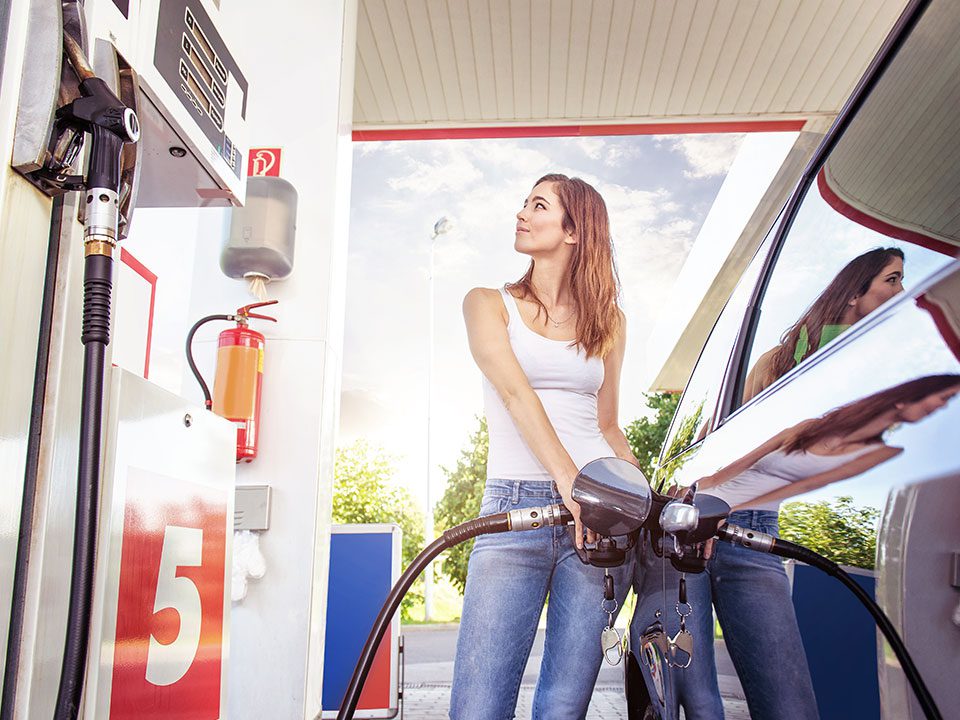
What’s the future for Petrol and Diesel cars in Ireland?
It’s no secret that modern motoring is in a state of contestant change. Each passing year brings new technological advancements designed to reflect the realities of driving a vehicle in the world today. It’s not just the carmakers that have a say in the future of driving of course. Governments around the world also have no small part to play in shaping the experience of car ownership and driving in the coming years.
In Ireland, perhaps the most striking example of the effect legislation will have on what motoring looks like in future is the proposed 2030 petrol ban.
This ban on petrol and diesel cars was first floated back in 2019, as part of Ireland’s Climate Action Bill. At that point, the government voiced an intention to ban the sale of new petrol and diesel cars from 2030 in order to help Ireland meet established carbon emissions targets as it was revealed transport emissions accounted for 20% of Ireland’s total emissions in 2018. This commitment to the phasing out of new petrol and diesel cars was again repeated within the subsequent National Development Plan and, following the 2020 general election, in the latest Programme for Government.
The Time Has Come For All Drivers to be Eco Friendly >>
The goal as stated by those formulating Ireland’s Climate Action Bill is that by the time the petrol and diesel vehicle ban is introduced in 2030 there will be 950,000 electric vehicles on Irish roads. The government has stated that they intend to invest in a “nationwide” charging network to power the thousands of new vehicles they expect to see on the roads. By 2025, at least one recharging point will be required at new non-residential buildings with upwards of ten parking spaces.
When did you say petrol cars will be banned!? Don’t worry, the phasing out of petrol cars isn’t likely to be nearly as dramatic as a total ban by the year 2030.
In fact, since the commitment to the idea was restated immediately following the general election, the government has been markedly less vocal in relation to their stated targets. There was absolutely no mention of the 2030 deadline in their most recent Climate Action Plan.
It is worth keeping in mind that the outright banning of petrol or diesel cars by an EU member state may actually be contrary to European Union statutes, as bans on the sale of products fall under the category of “technical regulation” and therefore must satisfy a series of complicated legal stipulations. That is to say that the legislation surrounding total product bans may prove near impossible for any single member state’s government to overcome.
What to consider before buying your First Electric Car >>
While the EU themselves have entertained proposals that could block the sale of new petrol and diesel cars by 2035, at this stage there is no established legal basis for how this ban could be enforced. It is also worth noting that at the COP26 summit held in Glasgow during November 2021, the Minister for Transport and the Environment, Eamon Ryan, was one of the signatories of a declaration that committed Ireland to banning the sale of new petrol and diesel vehicles from 2040. So, in essence, while the EU may well lead the charge in forcing some action before 2040, as it stands Ireland is not currently on track to enact any bans of any kind on petrol or diesel cars by 2030. That said, though the 2030 plan may appear to be off the table, the government does still appear committed to a more gradual phasing out of petrol and diesel cars.
Notably, considering the rolling back of some of Ireland’s more ambitious goals in relation to the phasing out of petrol and diesel cars, The U.K government have doubled down on their intention to radically curtail the amount of petrol and diesel cars on the road by the year 2030.
The UK government, in step with their counterparts around Europe, announced that there would be a ban on the sale of traditional diesel and petrol-powered cars enacted in the coming years. Needless to say, since the United Kingdom’s departure from the European Union, they are no longer beholden to the same legal strictures that apply to prosed diesel and petrol car bans within EU member states. Where the UK had previously announced that by 2040, it would enforce a ban on new petrol and diesel cars, they have since pushed this date forward! Now, as part of an initiative dubbed “The Green Industrial Revolution”, The UK Authorities have gone on record saying that they wish to begin phasing out petrol and diesel cars by 2030 – meaning, by the end of this decade, it will be impossible to purchase brand new petrol or diesel cars across the United Kingdom.
HEV, PHEV or EV – what should I go for? >>
Of course, drivers in the UK won’t be strong-armed into buying a new electric car. Ultimately – not a huge amount will change for the average motorist in the short term at least. What you can expect to see as we edge closer to 2030 is a steep decline in the resale value of traditional fuel-type powered cars. The average UK consumer will still be able to purchase second-hand petrol and diesel vehicles, but production of new vehicles using petrol or diesel will cease.
Ultimately, the proactive approach being adopted by the UK government will serve as a fascinating test case for the Irish Government as we can track the issues encountered on the other side of the Irish sea. Though there is still a great deal of ambiguity surrounding when diesel cars will be banned and when petrol cars will be banned – you can be certain the coming decade or so will bring with it some major shifts in the legislation surrounding the purchase of new cars in Ireland.
The Pros and Cons of Owning an Electric Car >>
We hope this explainer has helped to put your mind at ease regarding just what a petrol car ban or diesel car ban would mean for you. Check back with the Autoglass® blog soon for more guides, hints, tips and explainers.
Book an appointment now
For a quick and easy way to make an appointment book online now.

